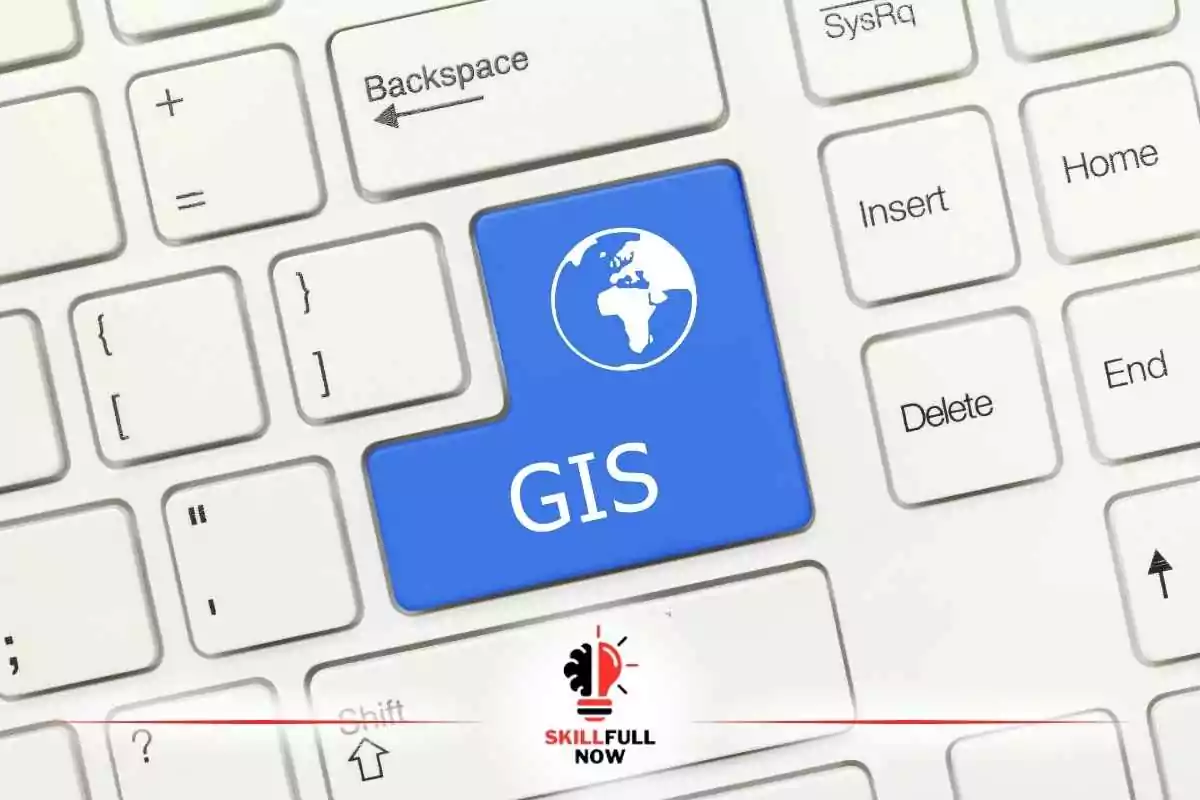5E Skills: A Guide for Players and Dungeon Masters

Dungeons & Dragons (D&D) is more than just combat and spellcasting; it’s about creativity, problem-solving, and storytelling. The 5E skills system plays a crucial role in bringing characters to life, shaping their abilities outside of battle. Whether you’re a seasoned Dungeon Master (DM) or a new player, understanding how skills work can take your game to the next level.
From Persuasion to Perception, skills define how your character interacts with the world. But how do you use them effectively? This guide breaks down the 5E skills system, offering practical advice for both players and DMs.
Understanding 5E Skills
Skills in D&D 5E are tied to a character’s ability scores and represent various proficiencies they’ve developed over time. Each skill falls under one of six ability scores:
- Strength: Athletics
- Dexterity: Acrobatics, Sleight of Hand, Stealth
- Constitution: No associated skills
- Intelligence: Arcana, History, Investigation, Nature, Religion
- Wisdom: Animal Handling, Insight, Medicine, Perception, Survival
- Charisma: Deception, Intimidation, Performance, Persuasion
When a character attempts a task related to one of these skills, they roll a d20 and add their modifier (ability modifier + proficiency bonus if proficient).
Example: A rogue trying to pick a lock rolls a Sleight of Hand check. If they have Dexterity (+3) and are proficient in Sleight of Hand (+2), their total modifier is +5.
How to Use Skills Effectively
To maximize the impact of skills in gameplay, both players and DMs should consider the following:
Players: Optimizing Skill Use
-
Know Your Strengths
- Identify your character’s best skills and find opportunities to use them. A bard with high Charisma should lean into Persuasion and Deception, while a ranger should take advantage of Survival and Perception.
-
Describe Actions Clearly
- Instead of saying, “I roll Perception,” describe what your character does: “I scan the dimly lit hallway for hidden doors or movement.” This engages the DM and makes rolls feel more immersive.
-
Leverage Proficiency Bonuses
- As you level up, your proficiency bonus increases. Make sure to update your skill checks accordingly and use expertise (if applicable) to double your proficiency for key skills.
-
Use Skills Creatively
- Don’t just rely on the obvious. Need to find a hidden object? Instead of Investigation, try Insight to think like the person who hid it. Want to distract a guard? Performance might work just as well as Deception.
-
Teamwork Matters
- Some skills benefit from teamwork. If one player is bad at Stealth, another can help to provide advantage, or a bard can use Inspiration to boost rolls.
DM Tips for Skill Checks
Dungeon Masters should encourage skill usage while maintaining balance. Here’s how:
1. Set Fair DCs (Difficulty Classes)
- Easy (DC 10): Basic tasks like recalling common knowledge.
- Moderate (DC 15): Finding a hidden item in a messy room.
- Hard (DC 20+): Convincing a king to pardon a criminal.
Avoid setting impossibly high DCs unless justified by the story.
2. Encourage Roleplay in Skill Checks
- Before rolling, ask how the player is using the skill. A well-described attempt could result in advantage or a lower DC.
3. Apply Skills in Unconventional Ways
- Let players attempt creative solutions. A rogue using Acrobatics to escape from a net instead of Strength? A wizard using Arcana to identify an old symbol instead of History? Great!
4. Consider Passive Scores
- Instead of rolling Perception every five minutes, use Passive Perception (10 + Perception bonus) to determine what players notice naturally.
5. Mix Skills Into Puzzles and Challenges
- A collapsing bridge might require Athletics or Acrobatics to cross safely. A mysterious rune could involve Arcana, History, or Religion to decipher.
Breakdown of Each 5E Skill
Here’s a deeper look at how each skill can be applied creatively:
Strength-Based Skills
- Athletics: Climbing, swimming, grappling, breaking down doors.
Dexterity-Based Skills
- Acrobatics: Balancing, dodging traps, fancy footwork.
- Sleight of Hand: Pickpocketing, palming objects, delicate movements.
- Stealth: Sneaking, hiding, avoiding detection.
Intelligence-Based Skills
- Arcana: Identifying spells, magical items, runes.
- History: Recalling historical events, famous figures.
- Investigation: Finding hidden details, solving mysteries.
- Nature: Recognizing animals, plants, weather patterns.
- Religion: Knowing deities, holy symbols, religious rites.
Wisdom-Based Skills
- Animal Handling: Calming or training animals.
- Insight: Detecting lies, reading emotions.
- Medicine: Stabilizing a dying ally, diagnosing illness.
- Perception: Spotting hidden things, noticing movement.
- Survival: Tracking, navigating, identifying edible plants.
Charisma-Based Skills
- Deception: Lying, bluffing, disguising intent.
- Intimidation: Threatening or coercing someone.
- Performance: Singing, dancing, acting.
- Persuasion: Influencing opinions, negotiating deals.
Frequently Asked Questions
What’s the difference between Perception and Investigation?
- Perception is noticing details at a glance, while Investigation is actively searching for clues.
Can I use multiple skills for one task?
- Yes! A player might use Persuasion to convince a noble, and then Insight to see if they’re lying.
How does passive perception work?
- It’s an automatic skill check (10 + Perception modifier) that helps DMs determine what a character notices without rolling.
Do all skills require rolls?
- Not always. If a task is trivial or a player has enough time, success might be automatic.
Can I gain proficiency in a skill later?
- Some class features, feats (like Skilled), and downtime training can add new proficiencies.
Conclusion
The 5E skills system is one of the most dynamic aspects of D&D, allowing players to shape the world around them beyond combat. By mastering skills, players can craft more immersive characters, and DMs can create richer storytelling experiences.
Next time you roll a d20, think beyond numbers imagine the scene, embrace creativity, and let your skills shine. Happy adventuring!





Hallo, ek wou jou prys ken.